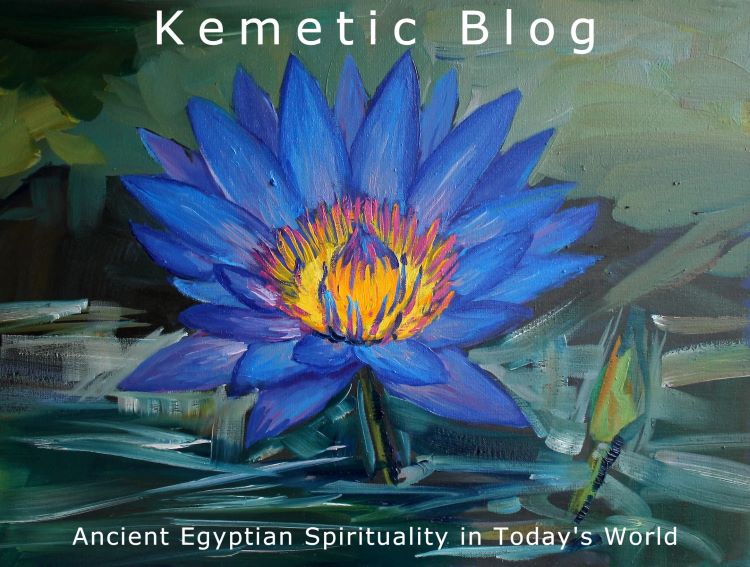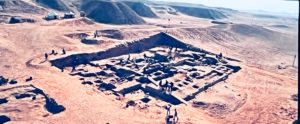This review of the Netflix documentary, Unknown: The Lost Pyramid will have to be a relatively brief one, as I am currently on practicum for my nursing degree and rising to the many challenges that it entails. But as I sit here, on a Friday evening (thank the gods it’s Friday), I’m watching Unknown: The Lost Pyramid for a second time and loving it.
Unknown centres around two very well-known Egyptian Egyptologists, Dr Zahi Hawass and his former student, Dr Mostafa Waziry as they each search the Saqqara desert for new and exciting archaeological discoveries. I won’t say what those discoveries are, instead, I’ll refer you back to the film. Director, Max Salomon presents a well-made documentary that sets a new standard for docos with its movie-like feel.
Move over reality TV. We now have reality movies. Cool-kewel!
I’m going to be realistic though and cover both positives and negatives from my own perspective. Let’s go!
Dr Hawass is emphatic about a new and uniquely Egyptian brand of Egyptology. Present-day Egyptians should be rediscovering and retaining their own antiquities, which is absolutely fair. Ancient Egyptian artifacts belong in Egypt. It’s a no brainer. And the next big discovery made in Egyptology should indeed, be made by Egyptians. Yet, I would also add, that while casting off the chains of colonialism is definitely in, exclusion is out. Westerners, who pioneered the scientific method still used in Egyptology today, also have much to offer. In Hawass’ defence, there is a Western female PhD candidate and assistant in the film, named Tori Finlayson, who I will comment on later.
I also thought about Kemetics, of course, while watching Unknown: The Lost Pyramid and I wondered where Kemetic pagans fit in Hawass’ vision of Egyptology, if at all? If not, it’s a missed opportunity. A good case in point would be when present-day Egyptians are praying to an Islamic god, that crumbling tombs don’t cave in around them during excavations and exploration, wouldn’t a well-informed, progressive Egyptologist invite Kemetic pagans to conduct ceremonies at these sites, making offerings and communicating with the ancient Egyptian gods and the souls of the blessed dead for safety, peace and goodwill during these endeavours? When you’re quite literally in ancient Egyptian spaces, the netjeru rule. Let’s not forget about pharaohs, curses, etc.
Lastly, as a sidenote, one final critique and minor spoiler I have for Unknown: The Lost Pyramid involves (I believe) the assistant, who shows up wearing a backpack, undoubtedly containing essentials to survive in the harsh desert climate. She is scolded by Hawass, who already knows her well, about no bags at dig sites. As if the assisting PhD candidate is going to steal an artifact and shove it in her backpack! Please! That the filmmakers didn’t bother to edit out the encounter altogether is interesting. Are they unable to identify vertical violence in the workplace or do they just not care? Don’t answer that! Anyway, point made. I’m not going to register another .org over it (like Safe Egyptology dot org or something), someone else can do that. Moving on!
Overall, Unknown: The Lost Pyramid is pretty darn awesome, so definitely watch it if you haven’t already.

:: Acknowledgement of African Origin The author of Kemetic Blog acknowledges and respects the African ancestral origins of ancient Egypt, and recognises the practice of Kemetic paganism as a modern reflection of Traditional African Religion. ::
©Scott Rose / Kemetic Blog – All Rights Reserved.


No Comments